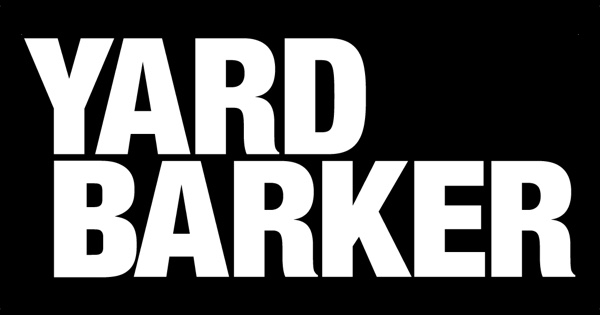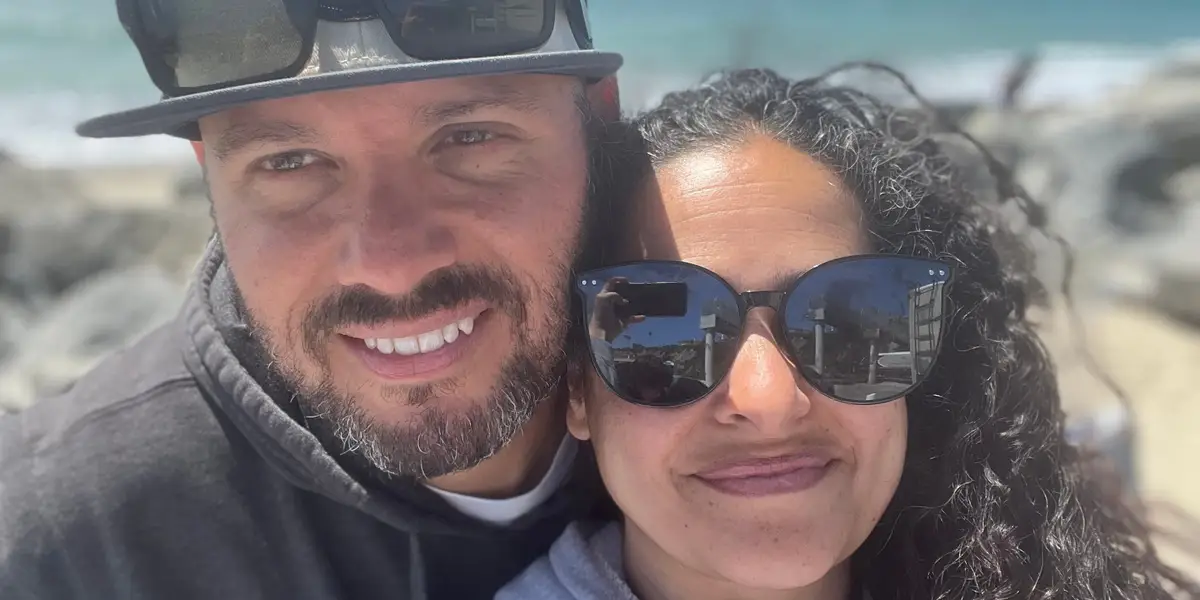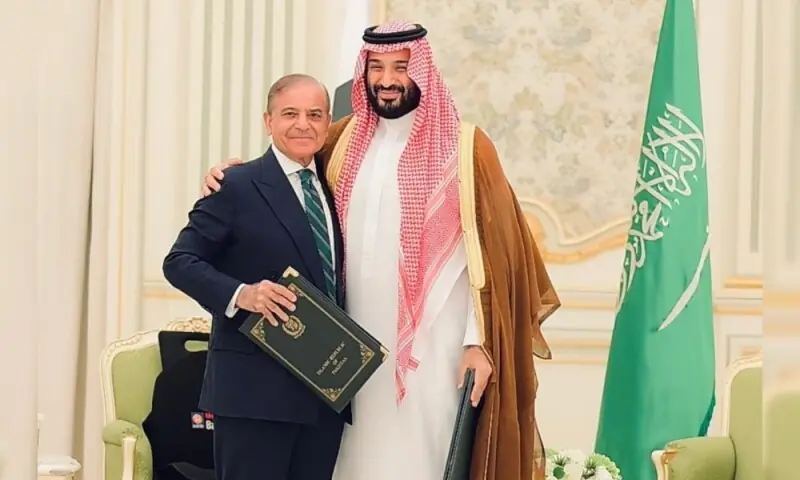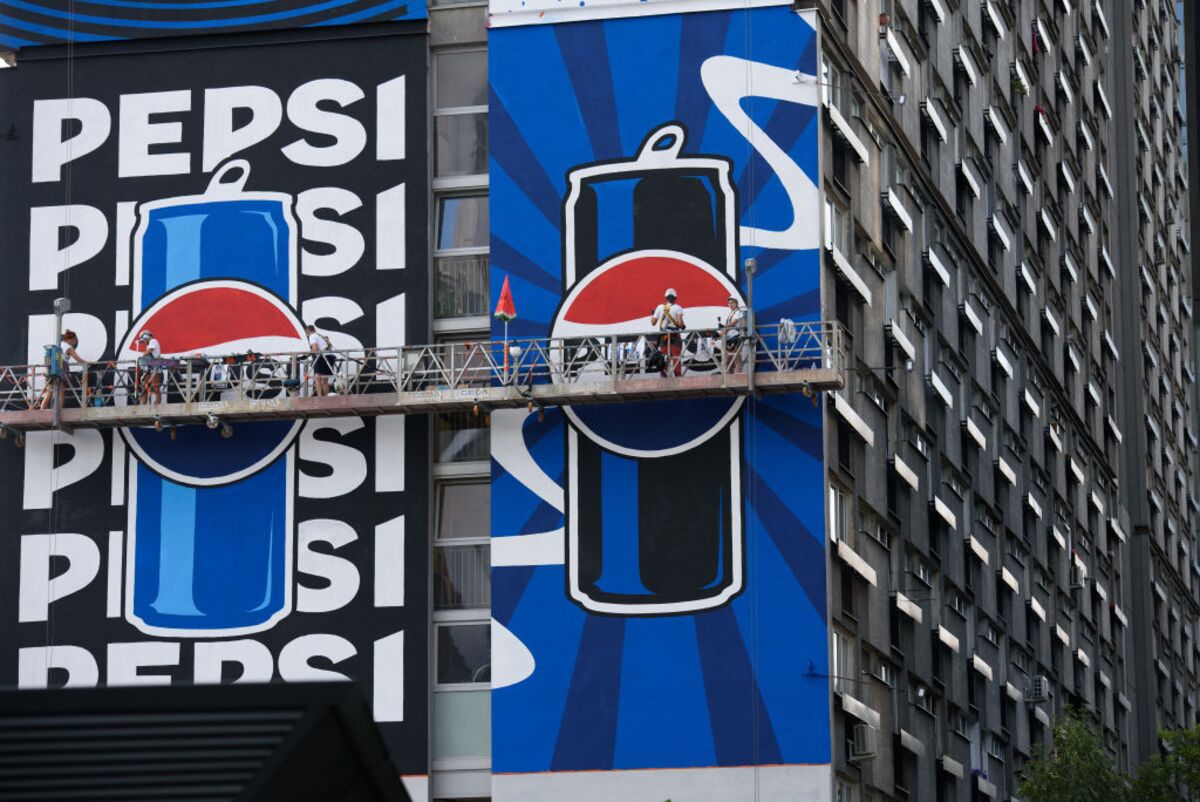
Look, we’ve all been there. You’re scrolling through Twitter at 2 AM, feeling brave behind your phone screen, talking big about what you’d do in certain situations. But when Charles Oliveira starts calling out the entire lightweight division for doing exactly that, well, things just got real.
The Brazilian bad boy isn’t holding back anymore, and honestly? It’s about time someone said what we’ve all been thinking. After Rafael Fiziev pulled out of their UFC Rio showdown due to injury, suddenly every lightweight on the roster became a keyboard warrior, publicly volunteering to step in. But when Dana White and his crew actually started making phone calls? Crickets. Or worse—excuses that would make your grandma cringe.
Why Oliveira Is Actually Right to Be Pissed
“Do Bronx” didn’t mince words when he took to Instagram Stories, basically roasting every fighter who’s been talking tough online but folding faster than a cheap lawn chair when the UFC comes knocking. And you know what? He’s got every right to be frustrated.
Think about it—you’re a former champion, you want to fight in your home country, your opponent gets injured, and suddenly half the division is posting about how they’re “ready” and “willing” to step up. Sounds great, right? Wrong. Because when push comes to shove, these same fighters are apparently discovering mysterious ailments faster than WebMD users during flu season.
The Pattern of Empty Promises
Oliveira’s Instagram rant hit different because he’s calling out a pattern that’s been plaguing the sport for years. Fighters building their brand on social media callouts that they have zero intention of following through on. It’s like watching someone order the spiciest dish on the menu just to impress their date, then asking for extra milk when it arrives.
The former champ specifically mentioned how fighters were giving the UFC every excuse in the book: “Oh, there’s not enough time to make weight. Oh, I can’t. I got belly ache. I broke a finger. I hurt my hand.” If that doesn’t sound like a bunch of adults making excuses worse than middle schoolers trying to get out of gym class, I don’t know what does.
The Lightweight Division’s Credibility Problem
Here’s the thing about the lightweight division—it’s supposed to be the deepest, most competitive weight class in the sport. These aren’t some weekend warriors looking for their first amateur fight. These are professional athletes who’ve dedicated their lives to being cage fighters. Yet somehow, when opportunity knocks, they’re all suddenly dealing with mysterious injuries and scheduling conflicts.
Oliveira’s frustration becomes even more understandable when you consider his track record. This guy has faced every killer the division has thrown at him. Islam Makhachev, Dustin Poirier, Justin Gaethje, Tony Ferguson, Michael Chandler—the list reads like a who’s who of lightweight legends. Meanwhile, some of these other fighters are out here picking and choosing their spots like they’re ordering from a five-star restaurant menu.
The Brazil Factor
Let’s not forget the context here. Oliveira wanted to fight in Brazil, where he’s literally undefeated. This wasn’t just any fight—this was his chance to bounce back from that brutal knockout loss to Ilia Topuria in front of his home crowd. The emotional weight of this opportunity makes the lightweight division’s collective cold feet even more insulting.
The Fighters Who Actually Stepped Up (Sort Of)
Several fighters did publicly express interest in facing Oliveira, including Renato Moicano, Mateusz Gamrot, and Benoit Saint Denis. These guys were posting videos, making statements, and generally acting like they were ready to throw down in Rio. But here’s where it gets interesting—and by interesting, I mean disappointing.
Saint Denis had even said weeks earlier that he’d be ready to step in if anyone got injured. Gamrot called for the fight on social media, talking about proving himself in Oliveira’s backyard. Moicano, being Brazilian himself, seemed like a natural fit. Yet when the UFC started making actual offers, suddenly everyone had reasons why it wouldn’t work.
The Reality Check
It’s worth noting that stepping in on short notice isn’t easy. Two weeks isn’t a lot of time to prepare for someone like Charles Oliveira, especially when you’re potentially facing him in hostile territory. But here’s the thing—if you’re going to talk about it publicly, you better be ready to back it up. Otherwise, you’re just contributing to the problem Oliveira is calling out.
What This Says About Modern MMA
We’re living in an era where social media presence can sometimes matter as much as actual fighting ability. Fighters know that calling out big names gets attention, engagement, and potentially better contract negotiations down the line. But when that social media strategy isn’t backed up by actual willingness to fight, it becomes transparent and honestly pretty pathetic.
Oliveira’s callout is essentially saying what many fans have been thinking: put up or shut up. If you’re going to use someone else’s name to build your brand, at least have the courage to follow through when the opportunity presents itself.
The Competitive Spirit Question
This whole situation raises questions about the current generation of fighters. Are they too calculated? Too focused on the business side rather than the fighting side? There’s something to be said for the old-school mentality of “anytime, anywhere” that guys like Oliveira still embody.
The Aftermath and Moving Forward
To his credit, Mateusz Gamrot did respond to Oliveira’s callout, maintaining that he told the UFC he wanted to face the Brazilian in his own house. Whether that’s the whole story or just damage control, at least he didn’t completely disappear when the heat got turned up.
This whole incident has put a spotlight on the lightweight division’s collective character, and frankly, it’s not a great look. When a former champion has to publicly shame other fighters into actually fighting, something is seriously wrong with the competitive culture.
The real test will be how the division responds to Oliveira’s challenge. Will fighters step up for future opportunities, or will this pattern of social media tough talk followed by real-world excuses continue? More importantly, will the fans and the UFC start calling out this behavior more regularly?
The Bigger Picture
Charles Oliveira’s frustration represents something bigger than just one cancelled fight. It’s about integrity in a sport that’s supposed to celebrate courage and competition above all else. When fighters use social media to build their brand but won’t back it up with actual action, they’re essentially admitting that their real priority isn’t fighting—it’s marketing themselves as fighters.
The lightweight division has always prided itself on being the shark tank of the UFC, where only the toughest survive. But if Oliveira’s accusations are accurate, it’s starting to look more like a tank full of social media influencers who happen to know how to throw punches.



